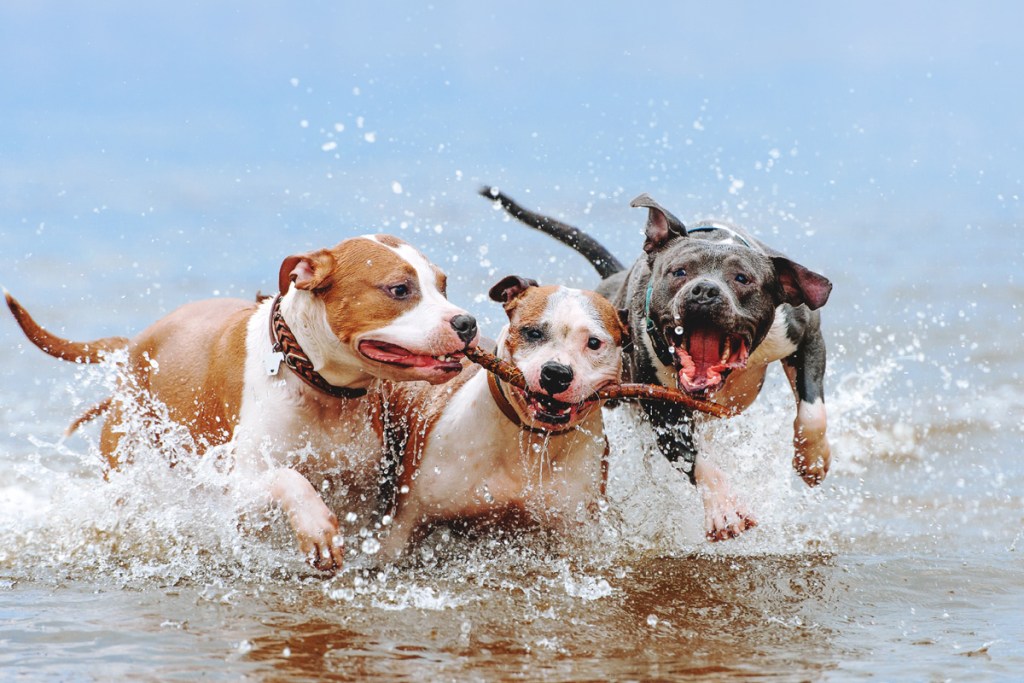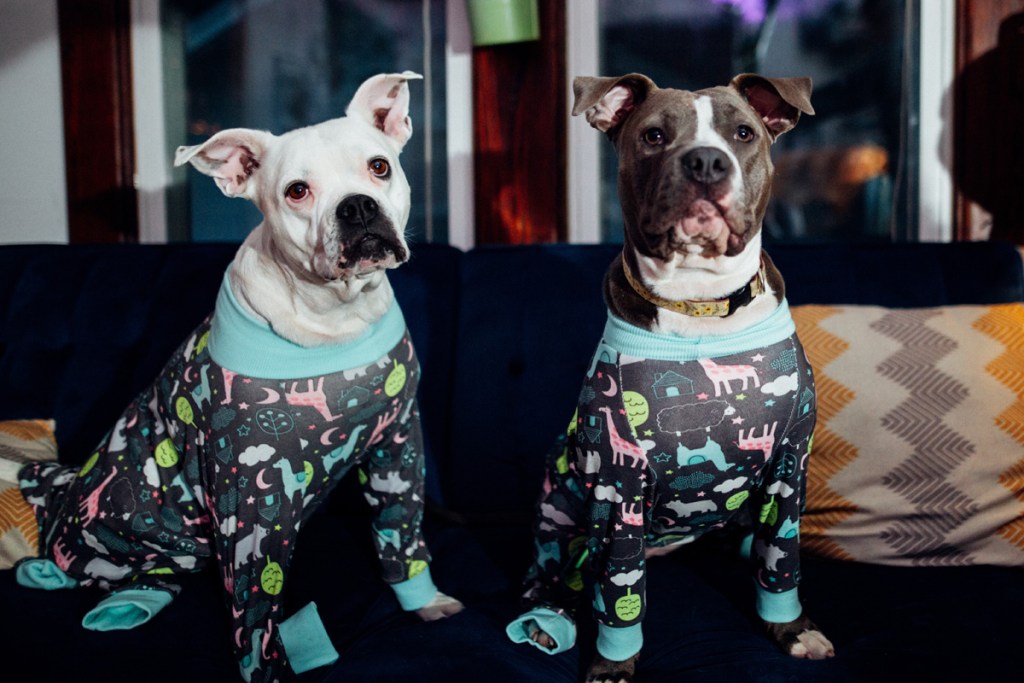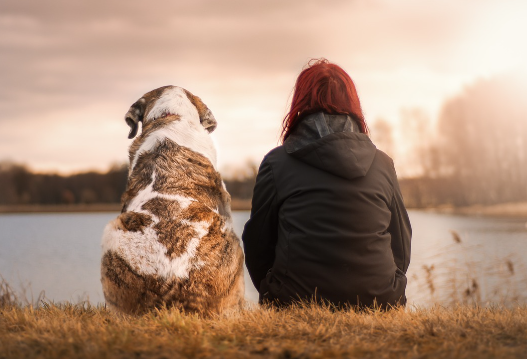What is your initial reaction when you see someone approaching you while holding a pit bull? Is the dog’s handsomeness drawing attention from you as you rapidly cross the street or pass by? When taking their beloved pit bulls for walks, pet parents regrettably frequently encounter glances of disgust or disparaging remarks. Regretfully, this breed continues to be misinterpreted due to careless owners, dramatic press and quickly disseminated misconceptions online. As “wonderful family dogs,” pit bulls are described by animal advocacy organization Best Friends Animal Society, a Utah-based animal sanctuary that has successfully rescued and rehabilitated hundreds of animals. As per the American Temperament Test Society, pit bulls exhibit superior test scores compared to numerous well-known breeds, including border collies and golden retrievers.
What precisely are pit bulls?
According to animal advocates, determining the breed’s identity is one of the most challenging discussions surrounding pit bulls. The American Dog Breeders Association and the United Kennel Club recognize the American pit bull terrier as a dog breed. Pit bulls are not recognized as a breed by the American Kennel Club (AKC); however, regarding breed-specific laws, several AKC-registered breeds fall into the pit bull class. The American Staffordshire terrier, Staffordshire bull terrier, and English bull terrier are a few of them. Prominent animal advocates assert that there is no proof that laws about particular breeds keep communities safer. According to ASPCA experts, breed discrimination regulations won’t be a quick cure for the problem of dog attacks. Animal activists contend that legislation about dangerous dogs needs to be breed-neutral and concentrate on the unique behaviors of each dog and owner.

How to raise a pit bull to be friendly with other dogs
Pit bull terriers are loving members of many American homes, regardless of your feelings toward them. Some canines are devoted friends, therapy or assistance dogs, high-energy, agile dogs, and couch potatoes. Being an accountable pet parent is essential to training your pit bull to be a well-mannered dog, just like it is for any other breed. The following advice can help you raise a pit bull to get along with other canines.
Essential compliance is taught at home
Teaching the commands to “sit,” “stay,” “down,” and “come when called” is an excellent way to start basic obedience training at home. Pit bulls are quick learners who benefit most from positive reinforcement training, much like other breeds. Pit bulls are very good at paying attention, so clicker training—marking a desired behavior with a click sound and rewarding it with a treat—works well with them.
Socialization at an early age is crucial
AKC behavioral specialists state that a puppy’s early socialization experiences will irreversibly influence his personality and environment as an adult dog. The puppy’s first three months of life are formative. You will be assisting in developing your puppy into a content, self-assured, and amiable dog by gradually exposing him to a wide range of people, places, and circumstances.
Participate in socialization sessions for puppies.
An excellent and secure approach to exposing your puppy to other canines is through puppy socialization lessons. According to the American Veterinary Society of Animal Behavior, puppies should start attending socialization sessions as early as 7 or 8 weeks of age. According to society’s rules, puppies should be dewormed and given at least one round of vaccinations seven days before their first lesson.
Getting to know a mature pit bull
Socializing your adult pit bull with other canines within their comfort zone is crucial. Ensure his play behavior is polite and suitable as you gently and carefully introduce him. Playing with a pit bull can be thrilling, so you should always watch your dog, know when to stop, and allow him some space to calm down. Like dogs of other breeds, senior pit bulls may be less accepting of younger, energetic canines. It would help if you intervened before the play became overly harsh. Training lessons are an excellent way for your older pit bull to socialize with other dogs if he doesn’t like being off-leash around unfamiliar canines. A professional trainer may assist with this. When your dog feels uncomfortable with other dogs, don’t urge him to interact; learn to understand his body language.

Avoid going to dog parks in public
It is generally acknowledged by expert trainers that there are better settings than public dog parks for dog socialization. Even though most dog owners are responsible and have well-trained pets, others will always be not. You can set up smaller playgroups with polite dogs who get along with your pit bull instead of going to the park. Naturally, keep an eye on playtime at all times so you can end the fun if things get out of control.
Remember that your pit bull requires 35 to 45 minutes of intense activity each day to stay fit and happy, in addition to training and socialization. One way to stimulate his mind is to teach him tricks and use a food-dispensing toy. Pitbull stereotypes and prejudice can be dispelled with the aid of a well-mannered, calm, and well-trained ambassador.


